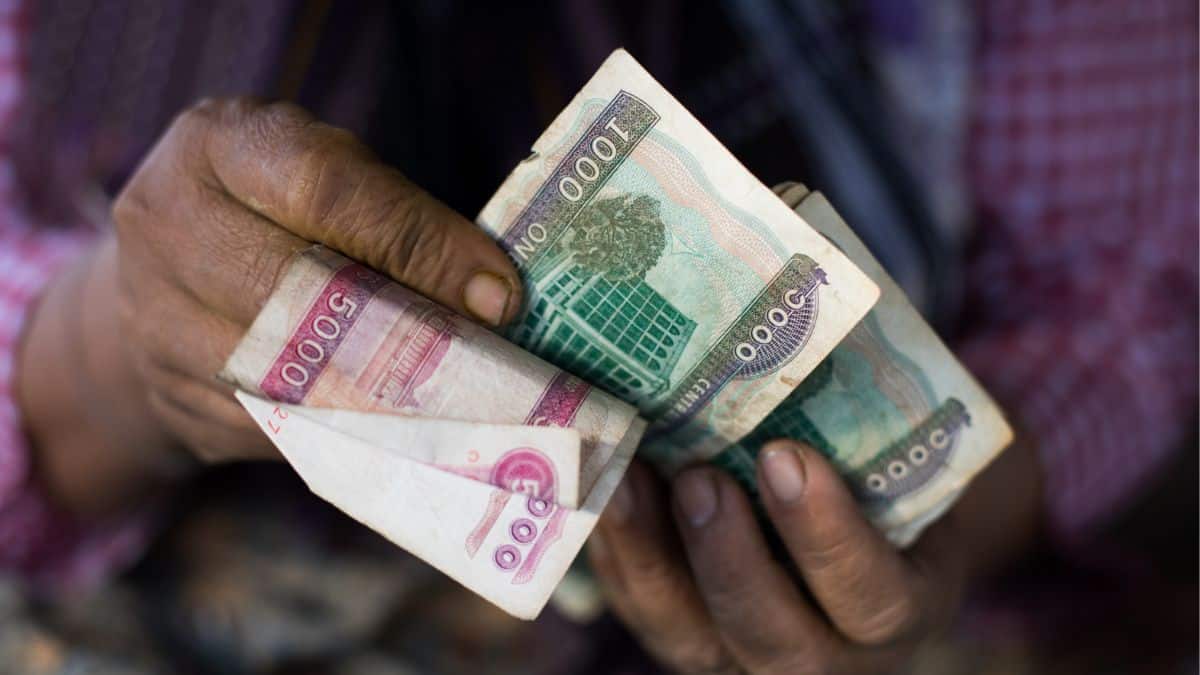Myanmar’s central bank has reportedly relinquished its role in setting foreign exchange rates, allowing banks and dealers to independently determine rates. This represents a rare relaxation of the country’s stringent foreign exchange controls.
In response to the economic challenges following the 2021 military takeover, Myanmar has implemented measures to curb demand for foreign currencies, including crackdowns on black market trading and the revocation of over 140 money changer licenses this year. The central bank’s recent decision, not officially communicated on its website, lacks a disclosed rationale.
During military rule, Myanmar’s central bank has shifted from a managed floating exchange rate system to relying on administrative controls. These controls include mandates for companies to surrender foreign exchange and report currency transactions.
Additionally, certain exporters are mandated to convert their dollar earnings into the kyat at an official rate set by the central bank. In August, the central bank instructed ministries and local governments not to use foreign currencies for domestic transactions, aiming to alleviate pressure on the local unit.

